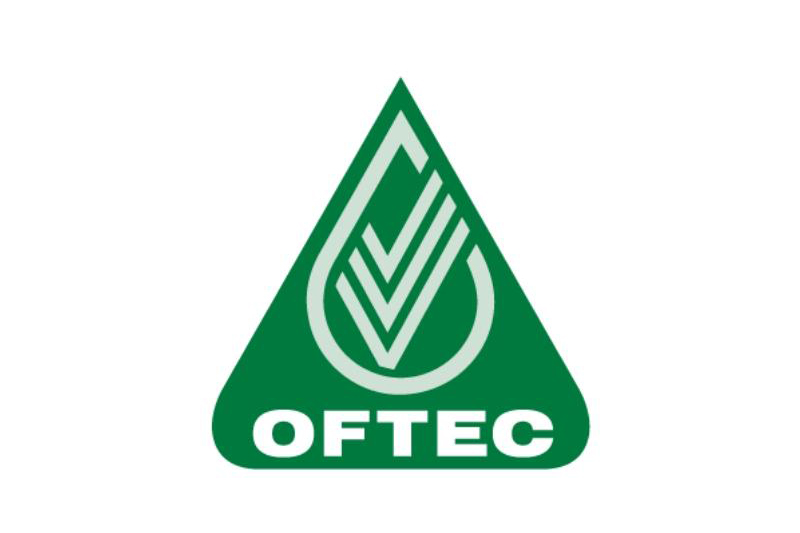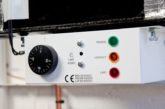
OFTEC has welcomed moves announced in the main party manifestos towards improving domestic energy efficiency and carbon reduction but says these measures don’t go far enough in supporting the 970,000 oil using homes in England and Wales.
The Conservatives have pledged to upgrade all fuel poor homes to an EPC rating of C by 2030 and offer smart meters to all households by 2020. The Liberal Democrats have promised four million homes will be improved to band C by 2022, with all homes upgraded to this level by 2035, whilst Labour aims to insulate four million homes and provide interest free loans for energy efficiency work.
OFTEC fully supports any measures to boost the energy efficiency of homes, particularly for those in fuel poverty which is more prevalent in rural areas where the majority of oil using households are located.
Free loans for energy efficiency work are also a step in the right direction but OFTEC says more must be done to help off grid homes reduce carbon emissions, lower fuel bills, and improve energy efficiency, to accelerate the UK’s progress towards its fast approaching carbon reduction targets.
OFTEC CEO Paul Rose comments: “Each party has given a nod towards improved energy efficiency and carbon reduction for UK households and whilst the benefits of upgrading homes to EPC rating C should not be underestimated, this is only part of the solution.
“Up until now, government has focused on moving off grid homes to renewable heating technologies through the domestic Renewable Heat Incentive (RHI) and continues to pour money into this poorly supported scheme which is making little impact because it’s only viable for the wealthy few.
“There is also support available for low income households through the Energy Company Obligation but what about the majority of off grid households who are stuck in the middle with no measures to help them?
“Our independently verified calculations show that if government were to plough the same amount of money into a nationwide boiler replacement scheme as it is into the RHI, many more homes could be helped and carbon reduction would be almost six times greater.
“Boiler replacement would also cut consumer fuel bills and is simple to understand and implement, so take up would be greater. Mandated heating controls, as supported by the Conservative Party, would reduce energy use further.”
Labour’s manifesto also includes plans to invest in ‘low carbon gas’ and move away from fossil fuels by the 2030s, whilst the Lib Dems want 60 per cent of electricity generation to come from renewable sources by 2030.
OFTEC agrees that ‘greening’ the fuel itself must be considered as a long term, sustainable solution to low carbon heat and is looking at the viability of bringing to market a lower carbon liquid fuel as a replacement to kerosene. However, OFTEC says the current focus on renewable technologies is actually hindering progress towards achieving the UK’s carbon targets in the short term.
Paul Rose continues: “Concentrating on renewable energy sources is detracting from the end goal which is to achieve low carbon heat and we believe prescribing the technology used to achieve this is stalling progress.
“Our vision for the future comprises a two-step approach, focusing on a boiler replacement scheme up to 2022 and introducing a low carbon liquid fuel as an alternative to kerosene from 2022 onwards.
“Our proposals directly support achieving the 2050 carbon reduction budgets, alongside addressing BEIS’ four key objectives to keep energy bills low, cost effectively reduce carbon emissions, ensure a secure, resilient energy supply, and avoid unreasonable upfront costs for consumers in the process.
“The next step will be to present our solution to the newly elected government and ask for the support needed to help make it happen.”













